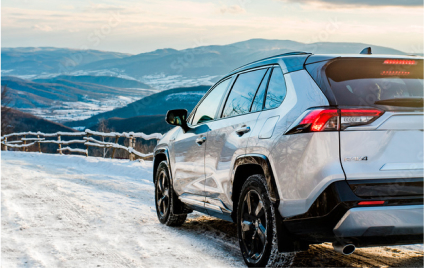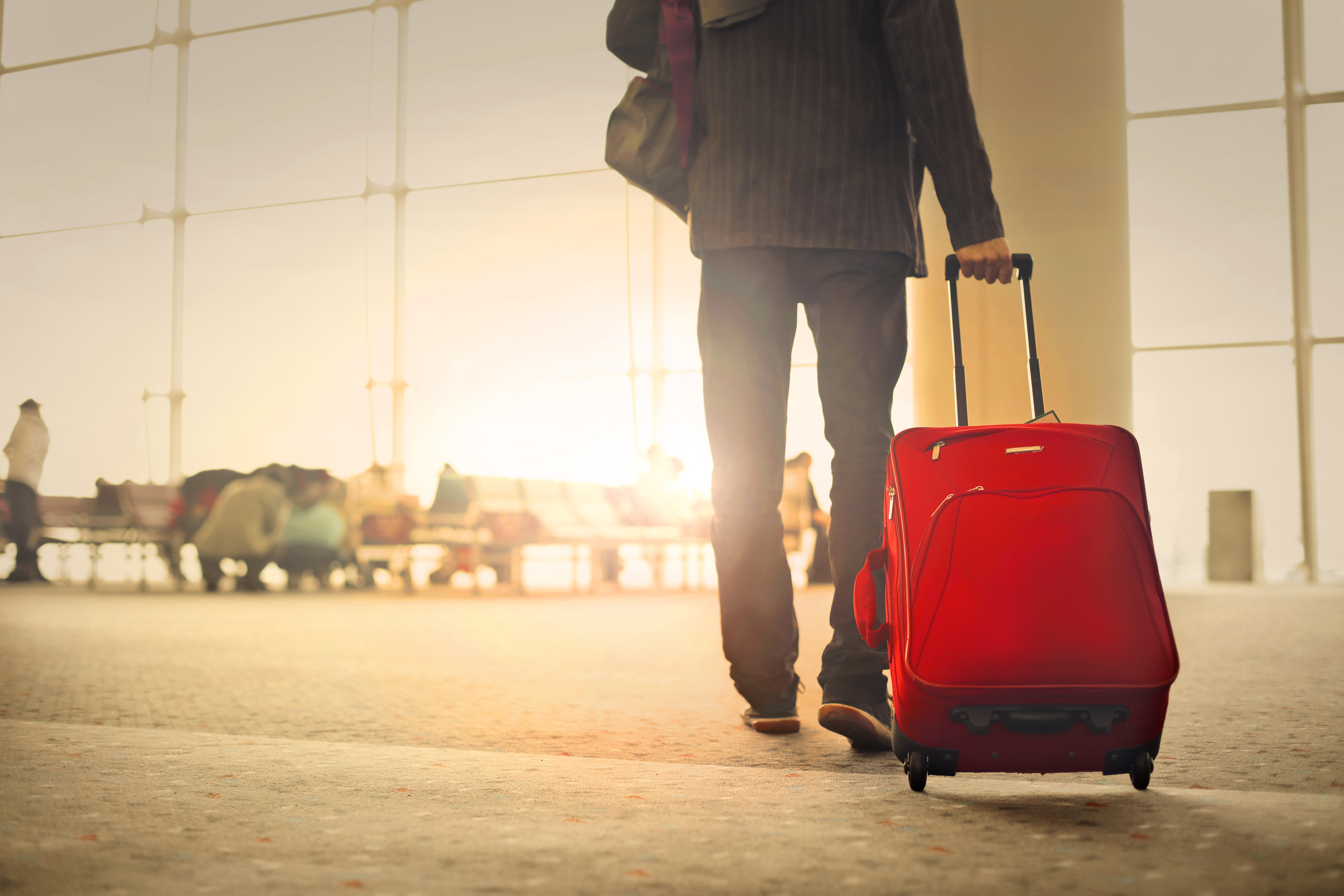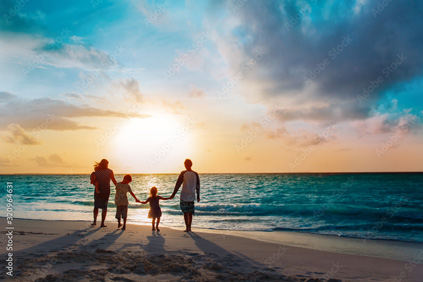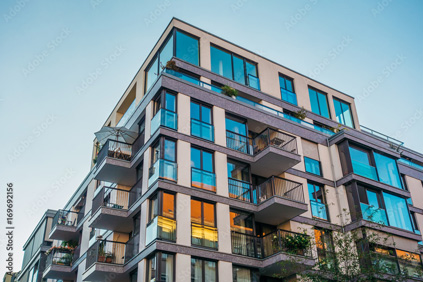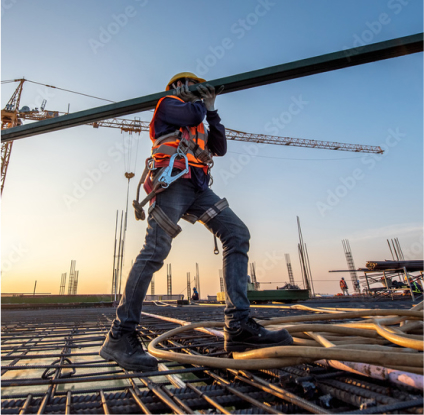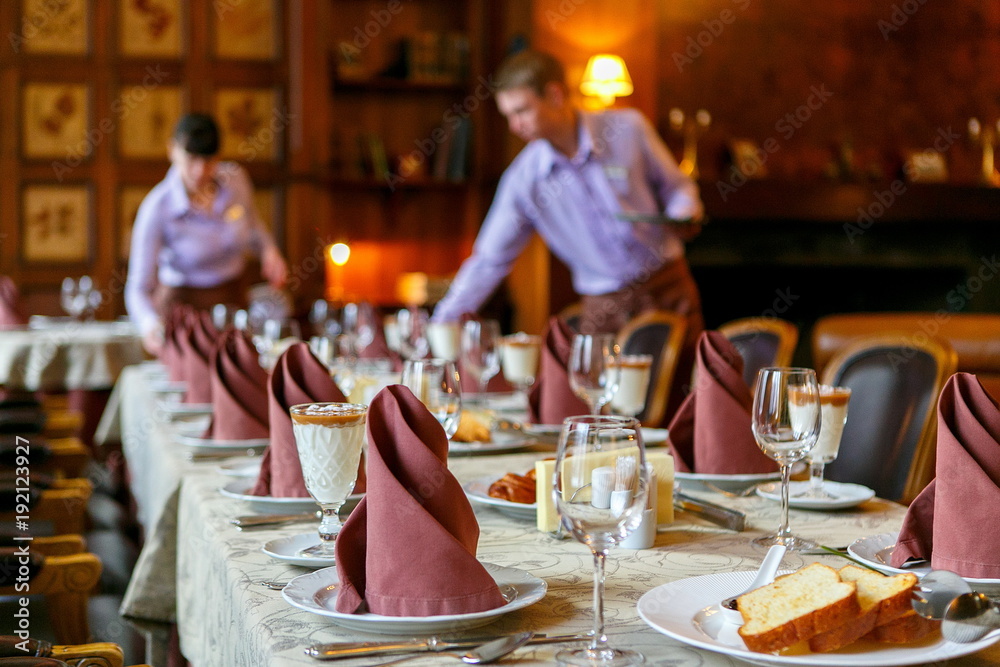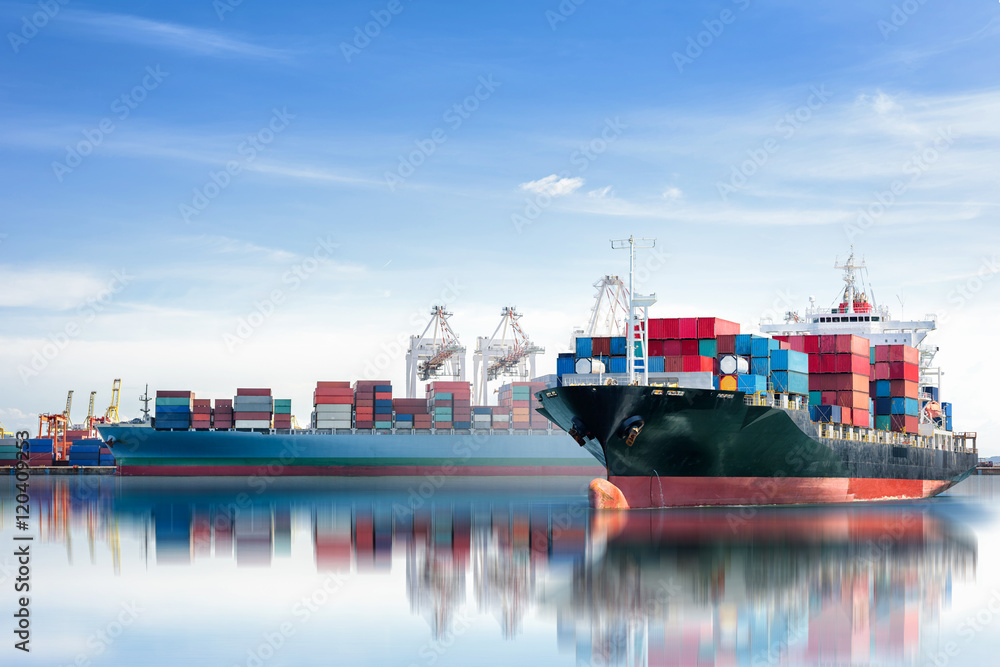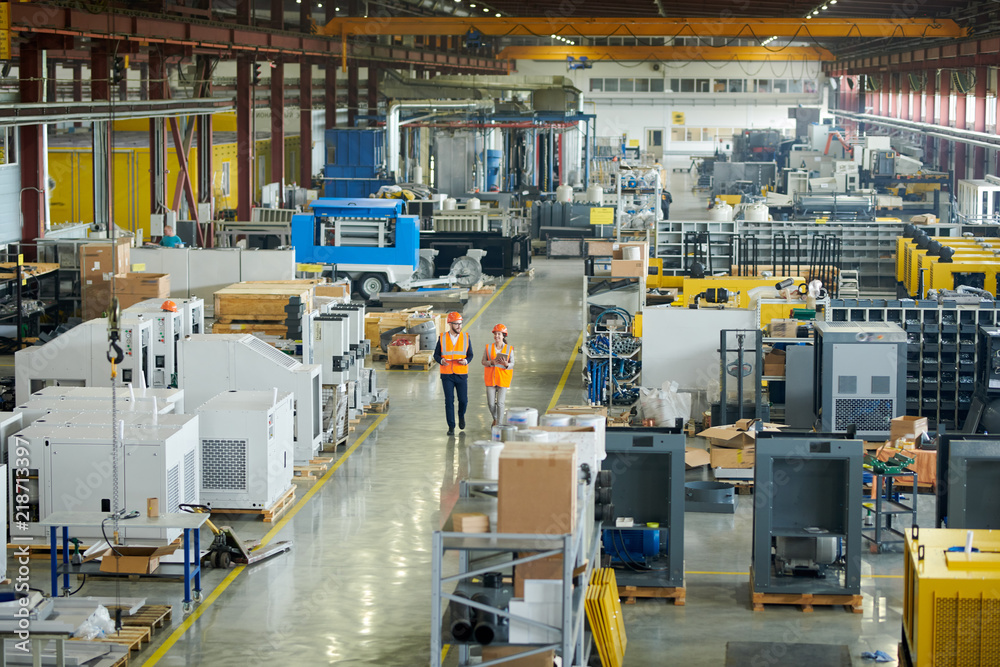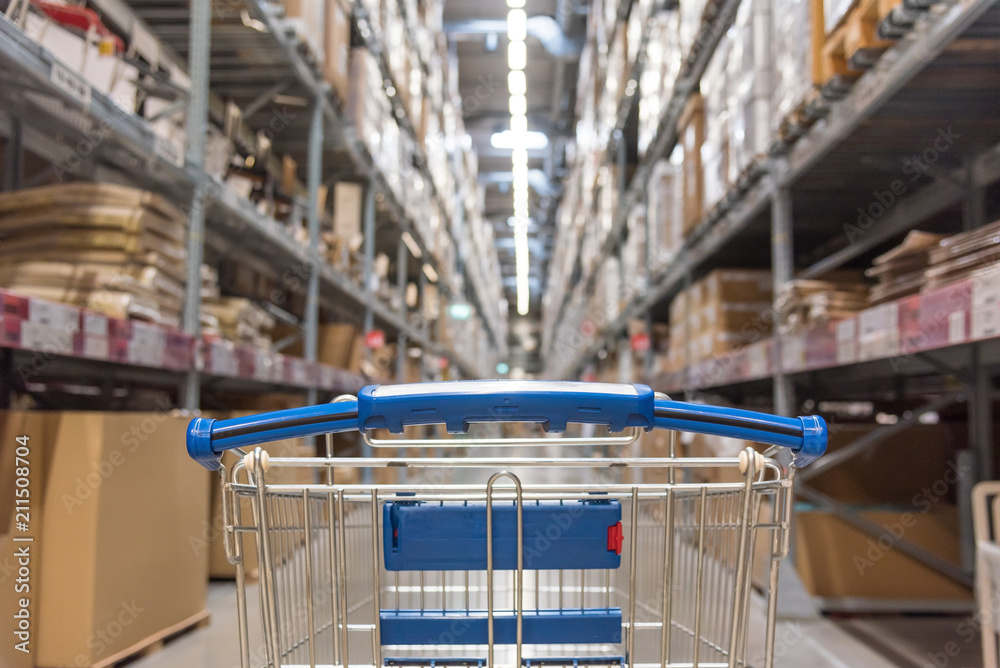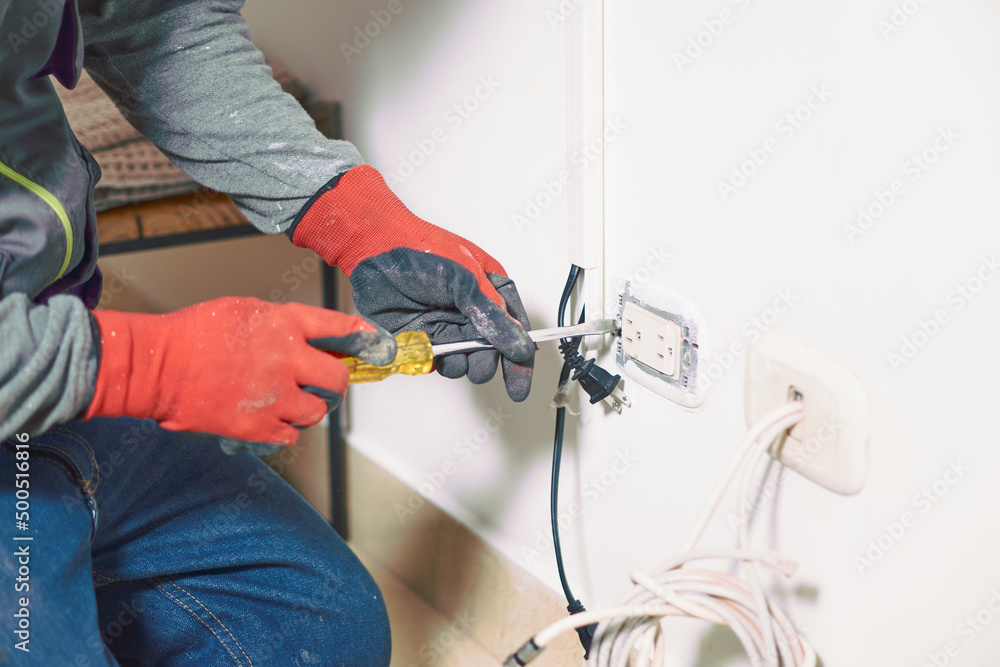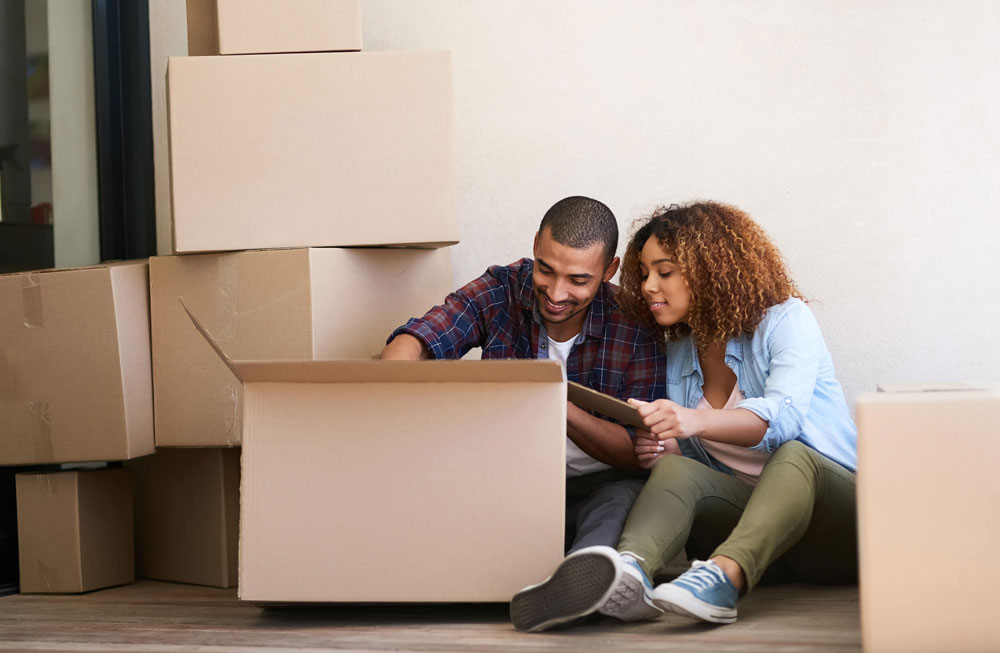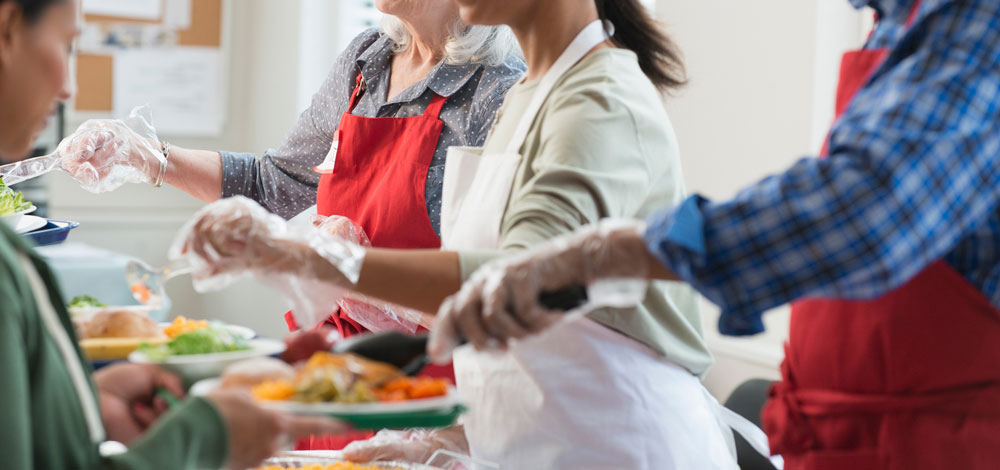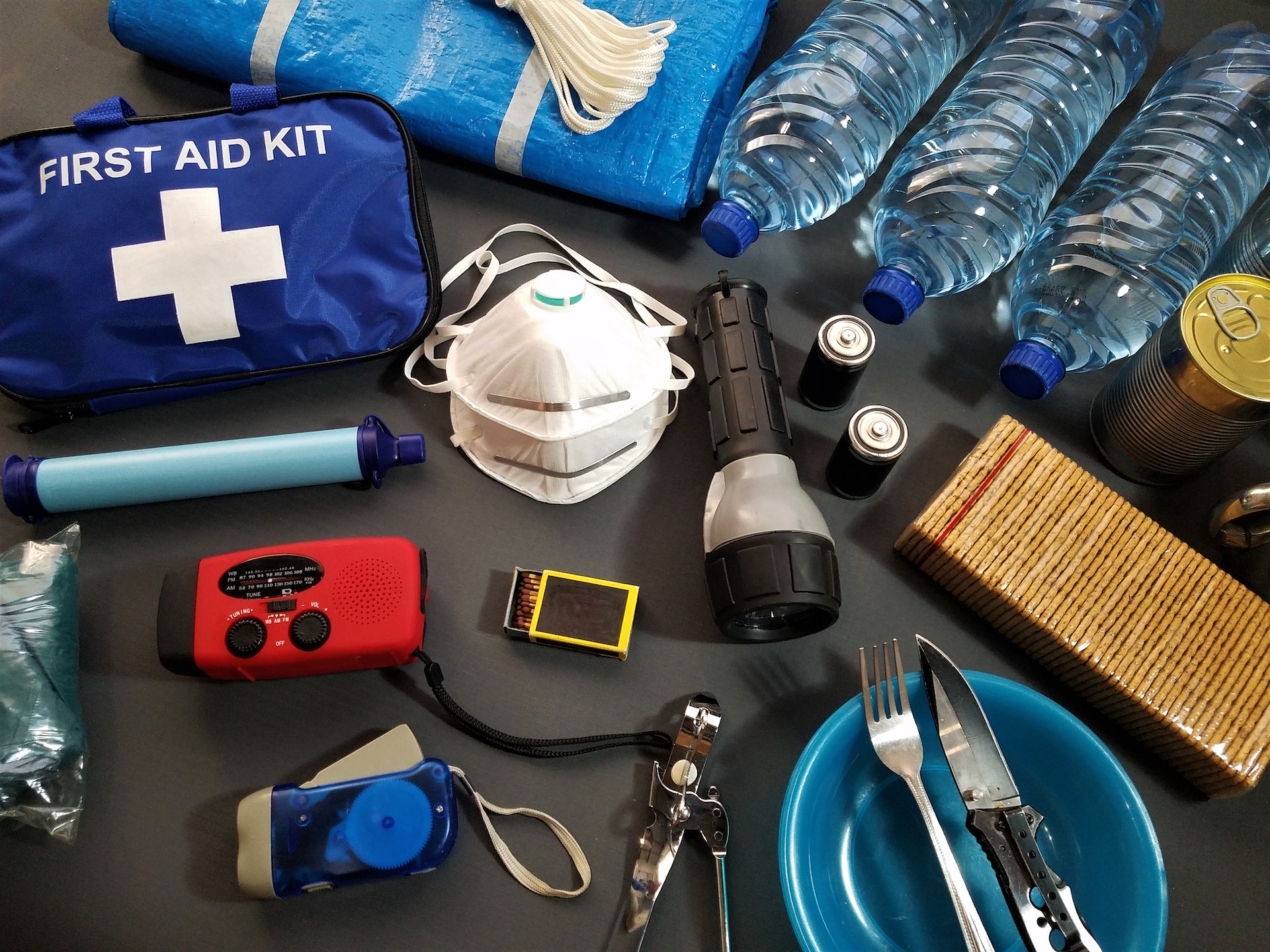
What to do Before, After & During an Earthquake
It wasn’t that long ago grocery stores ran out of food when the pandemic hit, and there seemed to be a rush of insanity throughout the greater Vancouver area. To be honest, there wasn’t a need for it – imagine if something catastrophic did happen that limited our resources. There’s something to be said about preparation.
There is a lot of speculation that it’s only a matter of time before a large earthquake hits Vancouver. 
Over the years, there has been an increase in the number of extreme weather-related incidents. Over 60% of British Columbians now live in a region where some of the largest earthquakes in the world occur. The best defences against emergencies are education and preparation. Learn what you can do to protect yourself and your family. Download the complete guide to earthquake preparation.
Before an Earthquake
Here are some things you can do to protect yourself, your family and your property in the event of an earthquake:
- Build an emergency kit and make a family communication plan.
- Fasten shelves securely to walls.
- Place large or heavy objects on lower shelves.
- Store breakable items such as bottled foods, glass and china in low, closed cabinets with latches.
- Fasten heavy items such as pictures and mirrors securely to walls and away from beds, couches and any other places people sit.
- Brace overhead light fixtures and top-heavy objects.
- Repair defective electrical wiring and leaky gas connections. These are potential fire risks. Get appropriate professional help. Do not work with gas or electrical lines yourself.
- Install flexible pipe fittings to avoid gas or water leaks. Flexible fittings are more resistant to breakage.
- Secure your water heater, refrigerator, furnace and gas appliances by strapping them to the wall studs and bolting them to the floor. If your gas company recommends it, install an automatic gas shut-off valve that is triggered by strong vibrations.
- Repair any deep cracks in ceilings or foundations. Get expert advice if there are signs of structural defects.
- Be sure the residence is firmly anchored to its foundation.
- Store weed killers, pesticides and flammable products securely on bottom shelves in closed cabinets with latches.
- Locate safe spots in each room under a sturdy table or against an inside wall. Reinforce this information by moving to these places during each drill.
- Hold earthquake drills with your family. Remember to drop, cover and hold on.
During an Earthquake
Drop, cover and hold on. Minimize your movements to a few steps to a nearby safe place.
Indoors
- DROP to the ground; take COVER by getting under a sturdy table or another piece of furniture; and HOLD ON until the shaking stops. If there isn’t a table or desk near you, cover your face and head with your arms and crouch in an inside corner of the building.
- Stay away from glass, windows, outside doors and walls, and anything that could fall, such as lighting fixtures or furniture.
- Stay in bed if you are there when the earthquake strikes. Hold on and protect your head with a pillow, unless you are under a heavy light fixture that could fall. In that case, move to the nearest safe place.
- Do not use a doorway unless you know it is a strongly supported, load-bearing doorway and it is close to you. Many inside doorways are lightly constructed and do not offer protection.
- Stay inside until the shaking stops and it is safe to go outside. Do not exit a building during the shaking. Research has shown that most injuries occur when people inside buildings attempt to move to a different location inside the building or try to leave.
- DO NOT use the elevators.
- Remember that the electricity may go out or the sprinkler systems or fire alarms may turn on.
Outdoors
- Stay there.
- Move away from buildings, streetlights and utility wires.
- Once in the open, stay there until the shaking stops. The greatest danger exists directly outside buildings, at exits and alongside exterior walls. Ground movement during an earthquake is seldom the direct cause of death or injury. Most earthquake-related casualties result from collapsing walls, flying glass and falling objects.
In a Moving Vehicle
- Stop as quickly as safety permits and stay in the vehicle. Avoid stopping near or under buildings, trees, overpasses and utility wires.
- Proceed cautiously once the earthquake has stopped. Avoid roads, bridges or ramps that might have been damaged by the earthquake.
Trapped Under Debris
- Do not light a match.
- Do not move about or kick up dust.
- Cover your mouth with a handkerchief or clothing, if available.
- Tap on a pipe or wall so rescuers can locate you. Use a whistle if one is available. Shout only as a last resort. Shouting can cause you to inhale dangerous amounts of dust.
After an Earthquake
- When the shaking stops, look around to make sure it is safe to move. Then exit the building.
- Expect aftershocks. These secondary shockwaves are usually less violent than the main quake but can be strong enough to do additional damage to weakened structures. Aftershocks can occur in the first hours, days, weeks or even months after the quake.
- Help injured or trapped persons. Remember to help people who may require special assistance, such as infants, the elderly and people with access and functional needs. Give first aid where appropriate. Do not move seriously injured persons unless they are in immediate danger of further injury. Call for help.
- Look for and extinguish small fires. Fire is the most common hazard after an earthquake.
- Listen to a battery-operated radio or television for the latest emergency information.
- Be aware of possible tsunamis if you live in coastal areas. These are also known as seismic sea waves (mistakenly called “tidal waves”). When local authorities issue a tsunami warning, assume that a series of dangerous waves is on the way. Stay away from the beach.
- Use the telephone only for emergency calls.
- Go to a designated public shelter if your home has been damaged and is no longer safe.
- Stay away from damaged areas unless your assistance has been specifically requested by police, fire or relief organizations. Return home only when authorities say it is safe.
- Be careful when driving after an earthquake and anticipate traffic light outages.
- After it is safe to return, your safety should be your primary priority as you begin clean up and recovery.
- Open cabinets cautiously. Beware of objects that may fall off shelves.
- Put on long pants, a long-sleeved shirt, sturdy shoes and work gloves to protect against injury from broken objects.
- Clean up spilled medicines, bleaches, gasoline or other flammable liquids immediately. Leave the area if you smell gas or fumes from other chemicals.
- Inspect the entire length of the chimneys for damage. Unnoticed damage could lead to a fire.
- Inspect utilities.
- Check for gas leaks. If you smell gas or hear a blowing or hissing noise, open a window and quickly leave the building. Turn off the gas at the outside main valve if you can and call the gas company from a neighbour’s home. If you turn off the gas for any reason, it must be turned back on by a professional.
- Look for electrical system damage. If you see sparks or broken or frayed wires, or if you smell hot insulation, turn off the electricity at the main fuse box or circuit breaker. If you have to step in water to get to the fuse box or circuit breaker, call an electrician first for advice.
- Check for sewage and water line damage. If you suspect sewage lines are damaged, avoid using the toilets and call a plumber. If water pipes are damaged, contact the water company and avoid using water from the tap. You can obtain safe water by melting ice cubes.
In addition to insuring your home, we are committed to helping you and your loved ones stay safe when disaster strikes. If you would like more information on developing a family emergency plan or building a disaster supply kit, please contact us today.
POPULAR POSTS
-
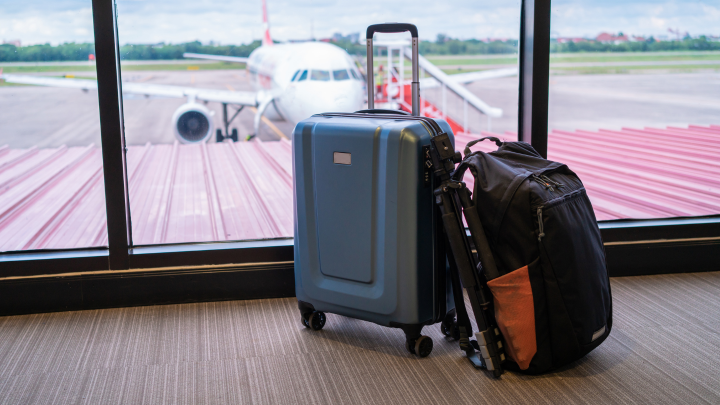 January 11, 2025Planning a Trip? Don’t Forget Travel Insurance
January 11, 2025Planning a Trip? Don’t Forget Travel Insurance -
 November 15, 2024Why High Net Worth Individuals Need Specialized Home Insurance
November 15, 2024Why High Net Worth Individuals Need Specialized Home Insurance -
 December 5, 2024How to Read and Understand Your Insurance Policy Like a Pro
December 5, 2024How to Read and Understand Your Insurance Policy Like a Pro -
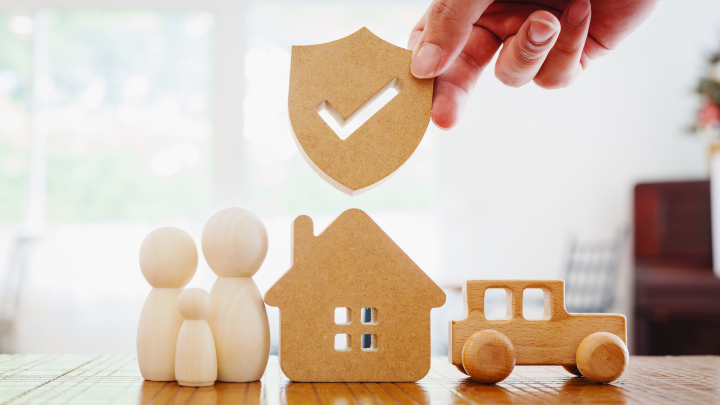 January 2, 2025New Year, New Coverage
January 2, 2025New Year, New Coverage


